AI in Music Production
Is AI Enhancing Human Creativity or Replacing It?
QUICK READSSTUDIO TECHSOFTWARE
5/26/20253 min read
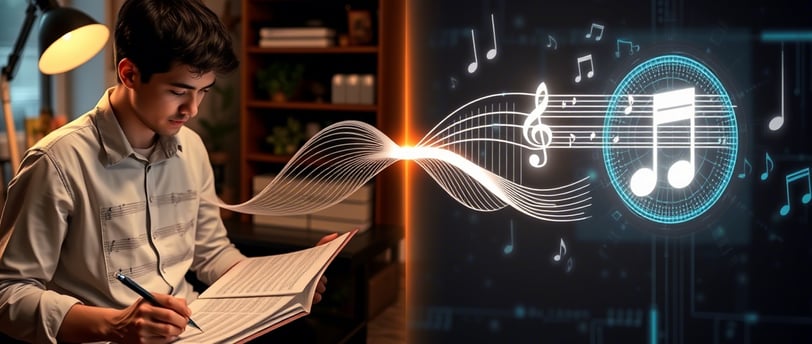

AI in Music Production:
Enhancing Creativity or Replacing It?
Introduction
Artificial Intelligence (AI) is revolutionizing the music industry, offering tools that can compose, mix, and even master tracks. While some hail these advancements as a boon for creativity, others fear the erosion of human artistry. This article delves into the dual nature of AI in music production, exploring how it can both augment and potentially supplant human creativity.
The Rise of AI in Music Production
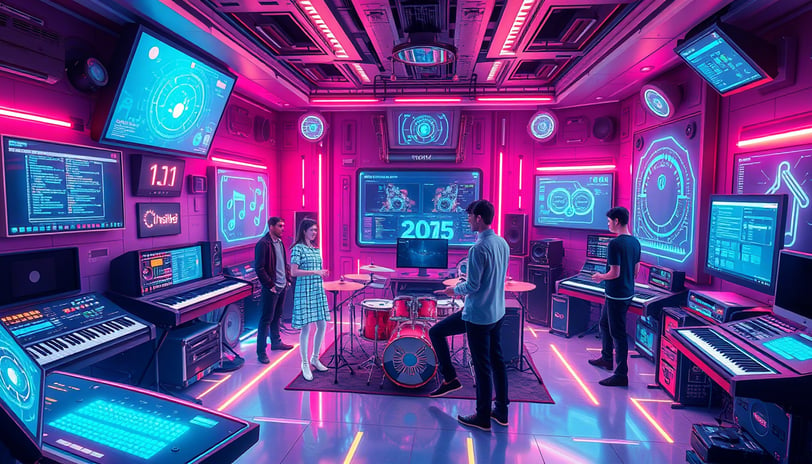

Automation and Efficiency
Artificial Intelligence (AI) is revolutionizing the music industry, offering tools that can compose, mix, and even master tracks. While some hail these advancements as a boon for creativity, others fear the erosion of human artistry. This article delves into the dual nature of AI in music production, exploring how it can both augment and potentially supplant human creativity.
Composition and Songwriting
Platforms like Amper Music and AIVA can generate compositions in various genres, providing a starting point for artists or even complete tracks for content creators. This democratization allows individuals without formal music training to produce music.
Enhancing Human Creativity
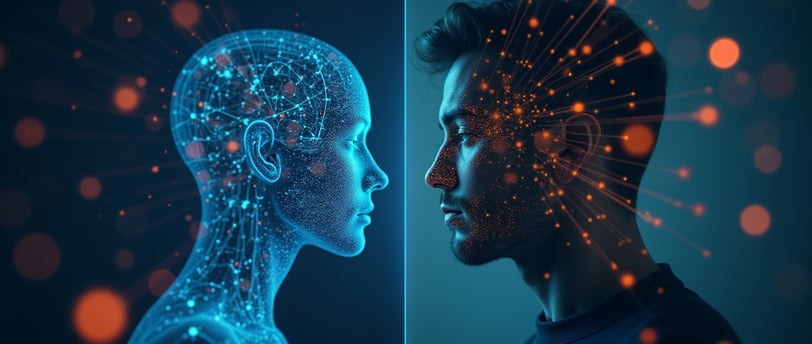

Collaboration Between Humans and AI
Artists like Imogen Heap have embraced AI as a collaborative partner. Heap's AI assistant, Mogen, assists in generating musical ideas, which she then refines, blending machine-generated suggestions with human emotion and experience.
Overcoming Creative Blocks
AI can serve as a tool to overcome writer's block by suggesting chord progressions, melodies, or rhythms that an artist might not have considered, thus expanding creative horizons.
The Threat to Human Artistry
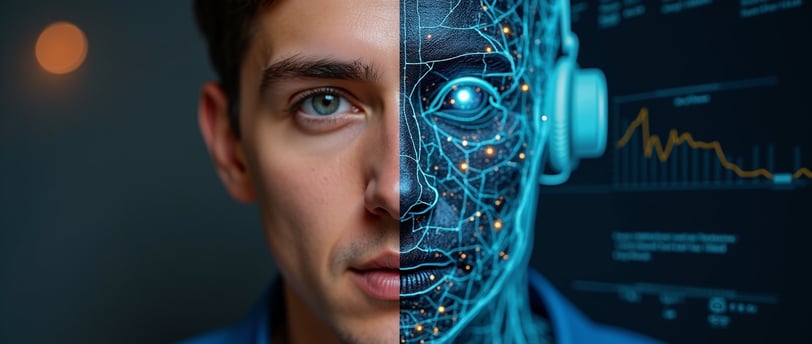

Job Displacement Concerns
As AI becomes more capable, there's a growing concern about job displacement in the music industry. Tasks traditionally performed by session musicians, composers, or engineers might be outsourced to AI, potentially reducing opportunities for human professionals.
Loss of Emotional Depth
Critics argue that AI-generated music lacks the emotional depth and nuance that human artists bring to their work. The fear is that an overreliance on AI could lead to homogenized music that lacks authenticity.
Ethical and Legal Implications
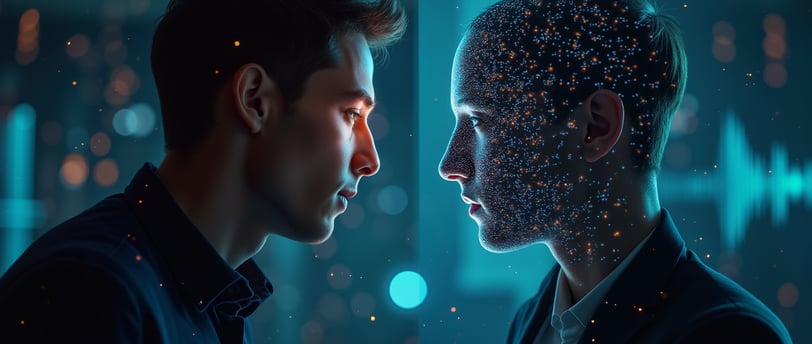

Copyright and Ownership
The use of AI in music production raises questions about authorship and ownership. If an AI composes a piece of music, who holds the copyright? This gray area poses challenges for intellectual property law.
Transparency and Consent
There's a need for transparency in how AI models are trained, especially if they use existing music without the original artists' consent. Ensuring ethical practices in AI development is crucial to maintain trust in the industry.
The Future of AI in Music
The integration of AI in music production is inevitable, but its role should be that of an assistant rather than a replacement. By leveraging AI's capabilities to handle repetitive tasks, artists can focus more on the creative aspects of music-making. Education and adaptation will be key in ensuring that musicians can coexist with AI, using it as a tool to enhance their artistry rather than viewing it as a threat.
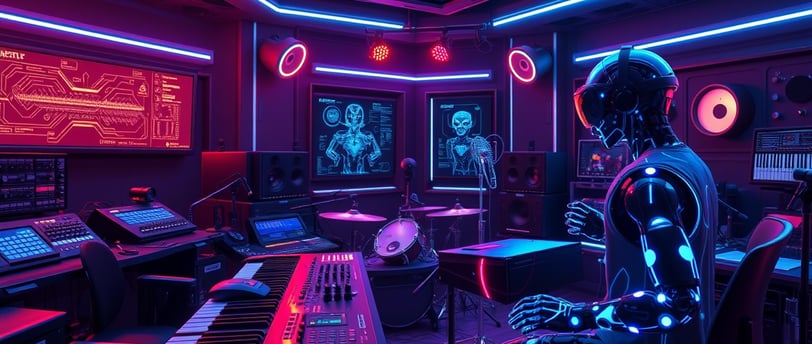

Conclusion
AI Revolutionizes Human Music Creativity
AI holds the potential to both enhance and challenge human creativity in music production. While it offers tools that can democratize music-making and assist artists in new ways, it's essential to approach its integration thoughtfully, ensuring that the human touch remains at the heart of music.
Follow us on Social Media
Follow Bomegaudio on your preferred social media platform for more music production insights, expert tips, gear reviews, private feedback and exclusive content tailored for producers like you.
Contact us
E-mail us directly on
© Bomegaudio 2025. All Rights Reserved.
Or use this form
Opening hours
[GMT+2 / CET]
Mondays :: Closed
Tue - Thu :: 05:00 - 20:00
Fri - Sat :: 05:00 - 22:00
Sundays :: Closed
420 Bomeg Avenue
Dank Francisco, BO


